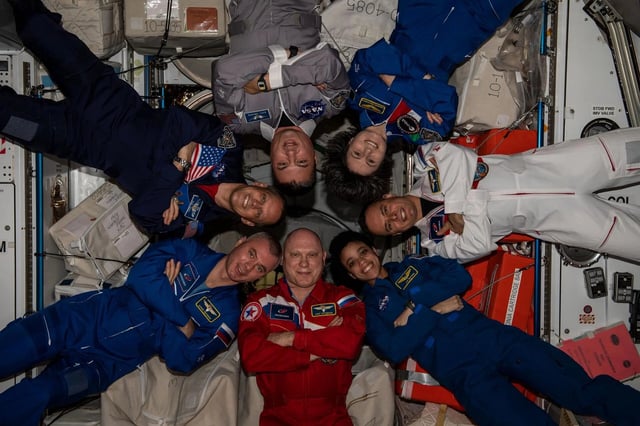Overview
- Published October 8 in PLOS One, the Stevens Institute of Technology study modeled a 500-day Mars transfer mission using agent-based simulations.
- Heterogeneous teams showed lower stress and stronger cohesion, health, and performance than homogeneous groups across scenarios.
- The model linked roles such as engineer, medic, and pilot with individual differences across openness, conscientiousness, neuroticism, extraversion, and agreeableness.
- Trait combinations such as high conscientiousness with low neuroticism and high extraversion with high agreeableness were associated with better outcomes.
- The authors recommend integrating personality assessments into crew design while cautioning that fixed-trait assumptions require empirical validation and more dynamic models.
